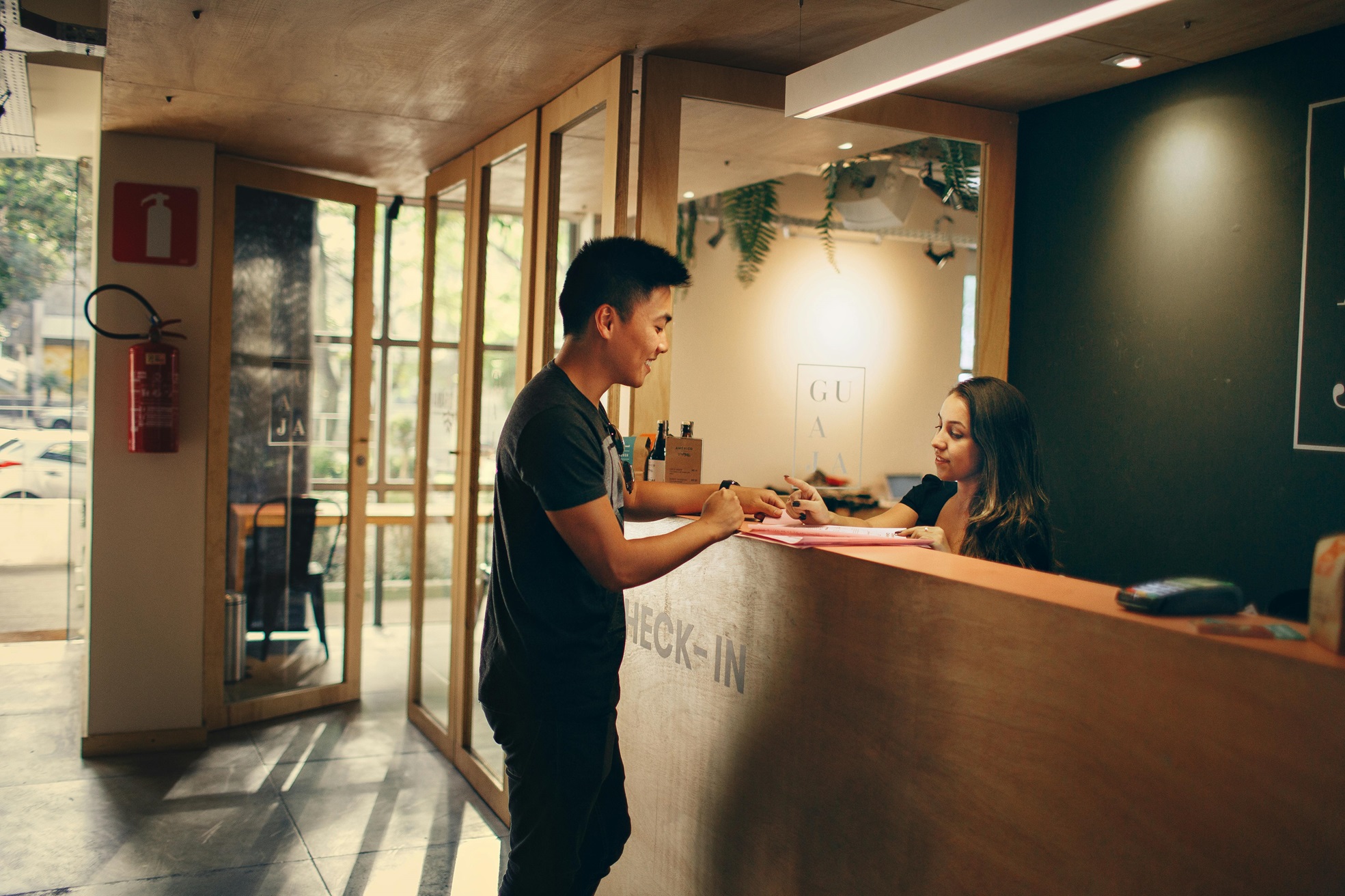In this opinion piece, Jamie Harris, Head of Student Accommodation at the UK’s most innovative investment agency, Harris Associates explores the findings from The Class Foundation’s flagship report The Student Living Monitor 2024 (SLM). Harris breaks it down and unpicks the fundamental issues and opportunities that arise from the data relating to student happiness, to help inform key investment decisions into UK Purpose-Built Student Accommodation (PBSA). The SLM data is incredibly insightful in understanding the future direction of PBSA and how the sector needs to adapt to strengthen occupancy and student satisfaction. The data reveals some unexpected lessons…
How is the report generated?
Over the past decade, The Class Foundation has worked closely with student housing providers across Europe, recognising an urgent need for data to build a fair and transparent case for the right kind of accommodation for students. One of the key goals of the SLM is to understand which spaces and amenities most significantly affect student experience so that operators and investors alike can optimise their offerings to enhance student success – and therefore investment outcomes.
Now in its second edition, the SLM has expanded its reach, capturing nearly 11,000 responses from students across key European markets. The data reveals that a large majority of students (70%) live in PBSA, with 20% in university-owned accommodation. These insights provide valuable, data-driven evidence of how student-specific housing can shape and improve the overall student experience.
The research deploys the MHI-5 metric, which is a globally recognised and extensively documented measure of well-being. It operates on a scale from 0 to 100, where a score of 60 or below is considered poor mental health. The score for the UK is lowest at 51.8.
For investors, this data offers a compelling case for why well-being should be a priority in PBSA design and management. Working to build or improve schemes that generate positive experiences, higher retention and attract strong occupancy.
What does the report reveal?
One of the most important findings from the SLM is that student happiness is intricately tied to well-designed and well-maintained living spaces, vibrant community engagement programmes and strong sense of community/belonging. The research highlights that PBSA has made significant strides in creating environments that support students both socially and academically, but it also shows that there is much more to be done.
Across accommodation types, the MHI-5 scores show that students in private PBSA in the UK experienced a slight improvement in well-being, with the MHI-5 index moving from 50.3 in 2023 to 51.9 in 2024. Nonetheless, these scores are still much lower than the ‘okay’ mental health threshold of 60.
When comparing the UK to other European countries, the UK’s overall MHI-5 score of 51.8 lags behind the pan-European average of 57.8 in 2024.
The stronger performance of our European counterparts points to the need for the UK to adopt best practices that have proven successful in other markets.
Challenging long-held assumptions
The survey reveals that the type of accommodation (private/en-suite vs semi-private/cluster) has little impact on student well-being. What matters is the control offered to students when choosing when they want to be social and when they want some privacy and peace. This finding contradicts the rationale that cluster accommodation - designed to create social interaction - would naturally lead to better mental health outcomes, something that is heavily promoted by universities and local councils. Instead, it suggests that students may value their personal space more than previously thought, especially when balancing academic pressures and social demands.
International students show a much higher MHI-5 score at 56.5 vs domestic students 50.2 in 2024. The difference in MHI-5 scores across these groups makes it clear - as a sector we need to work harder to engage domestic students, improving the quality of experience in PBSA to provide them with what they actually want.
Undergraduate students in the UK show poorer mental health scores compared to postgraduates. This is understandable given many are transitioning from school to university, and are likely experiencing their first time living on their own. Is it therefore vital that investors create spaces for students and building managers provide a support system that creates a sense of belonging.
Key takeaways
The findings from the SLM offer critical insights for investors in the PBSA sector. One of the most immediate takeaways is the growing demand for accommodation that provides a balance between private spaces and community engagement. Students increasingly value privacy and personal space, a trend that should influence future investment and development decisions. However, these preferences must be balanced with a strong community programme that addresses loneliness and promotes social interaction - especially for minority or at-risk students who report lower well-being scores.
For investors, supporting well-being initiatives within their properties can also enhance long-term returns. Programmes designed to improve mental health, such as access to counselling, peer support networks and curated community events, can significantly improve student satisfaction and retention. These efforts not only create more attractive, liveable spaces but also help to differentiate PBSA offerings in a competitive market.
Student mental health is no longer just a social concern; it is a critical financial consideration for investors in student accommodation. The data from the SLM reinforces the idea that mental well-being is deeply intertwined with the living environment. Properties that support student happiness are not only better for students but also deliver stronger, more stable returns over the long term, increasing peer-to-peer recommendations, higher retention and thus, future-proofing the reputation of buildings.
The future of student accommodation lies in creating environments that actively support the emotional, social and academic success of students.
This is a call to action for the sector: we must evolve our approaches, putting student well-being at the heart of everything we do, providing tailored offerings to different types of students rather than an umbrella strategy of ‘build it and they will come’. By doing so, we not only improve student outcomes but also create a more resilient and forward-thinking PBSA market for the future





